 Gallery
Gallery
In another paper, Deschodt described yet another new species. Onthophagus pragtig most likely only feeds on the innards of dead millipedes. It is one of 20 species that is part of a small group of dung beetles in the genus Onthophagus. All other species in this group are known to prefer feeding on the soft internal organs (or viscera) of dead millipedes.
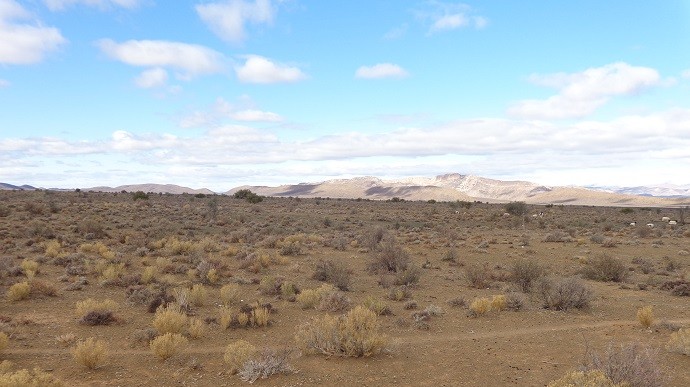 Gallery
Gallery
UP researchers contributed datasets from South African drylands, with sampling being carried out in the vicinities of Graaff Reinet and Prince Albert in the central Karoo, and around Lichtenburg in the North-West province. These sites provided unique data as South Africa’s drylands are particularly rich in plant species compared with many of the other sites included in the study.
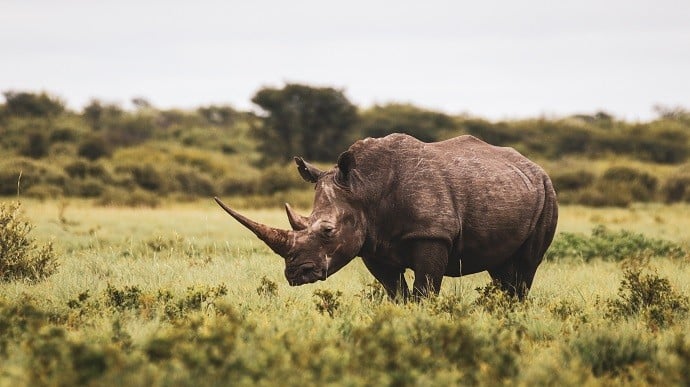 Gallery
Gallery
UP researchers have been working on adapting the use of existing technology and testing it in the field to find an appropriate solution to mitigate complications arising from low oxygen levels during procedures like immobilisation. This new research improves our ability to provide care and ensure the well-being of rhinos in the field.
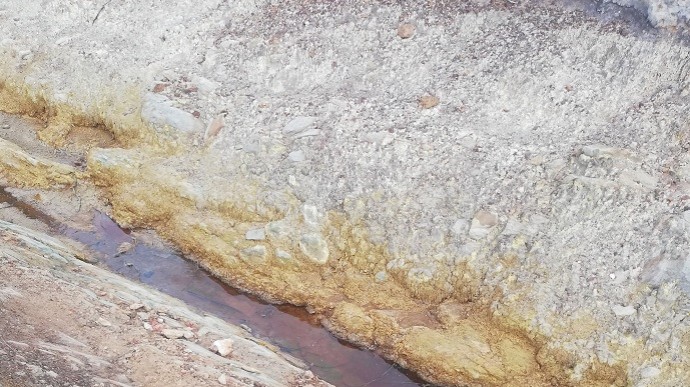 Gallery
Gallery
The mining companies responsible for the pollution are often nowhere to be seen, but many Acid Mine Drainage clean-up technologies do exist. Clean-ups should take place in order to protect the right of citizens to a healthy environment and clean water.
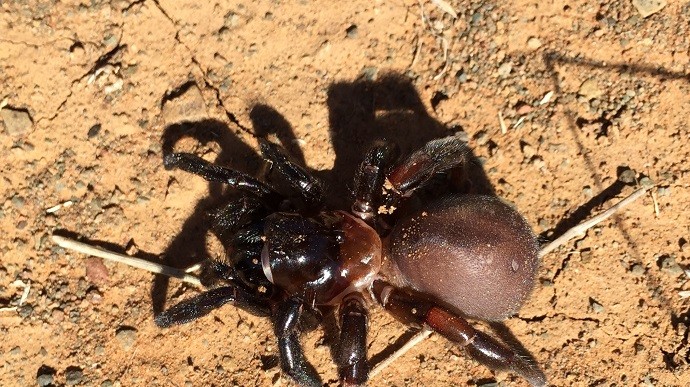 Gallery
Gallery
The aim of the Karoo BioGap study was to better understand the interconnected ecosystems and sensitive habitats of the notoriously under-surveyed arid region. The endeavour led to the description of various new species of trapdoor spiders. Have a look at some pictures from the field here.
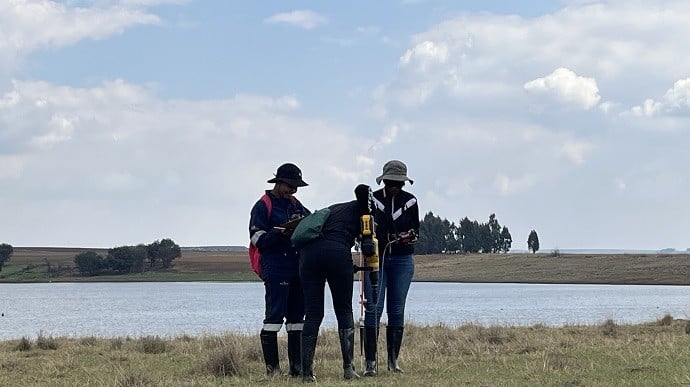 Gallery
Gallery
Take a journey through some pictures from the field when UP scientists explored what lay beneath Mpumalanga's soil and rocks.
Copyright © University of Pretoria 2025. All rights reserved.
Get Social With Us
Download the UP Mobile App